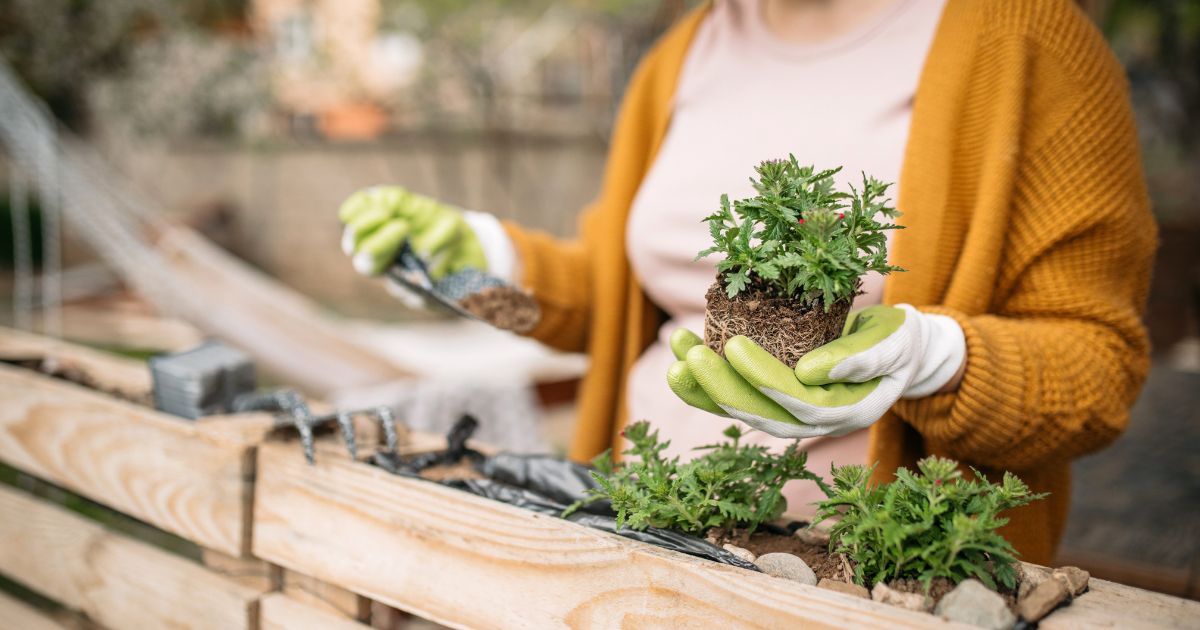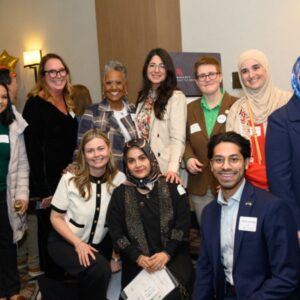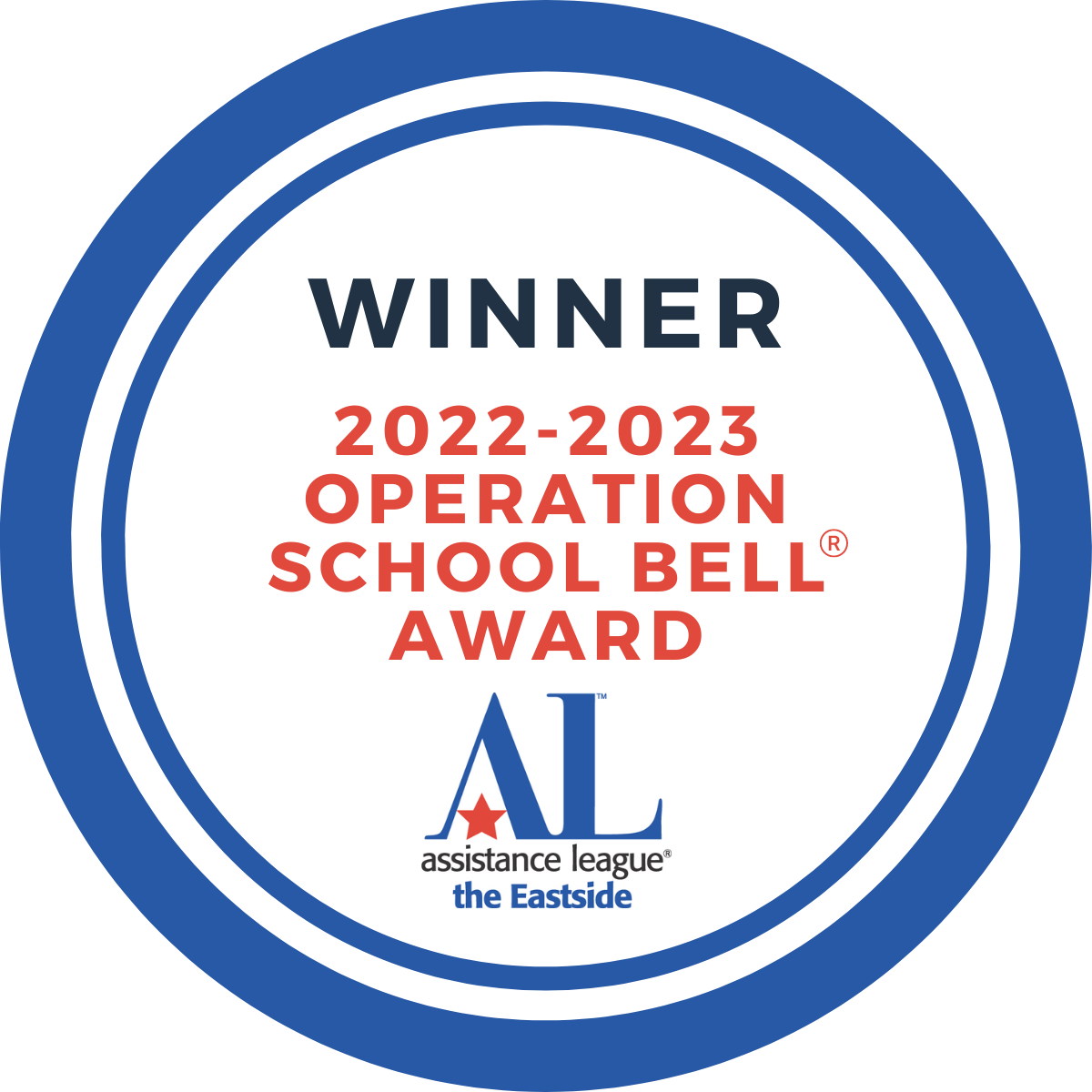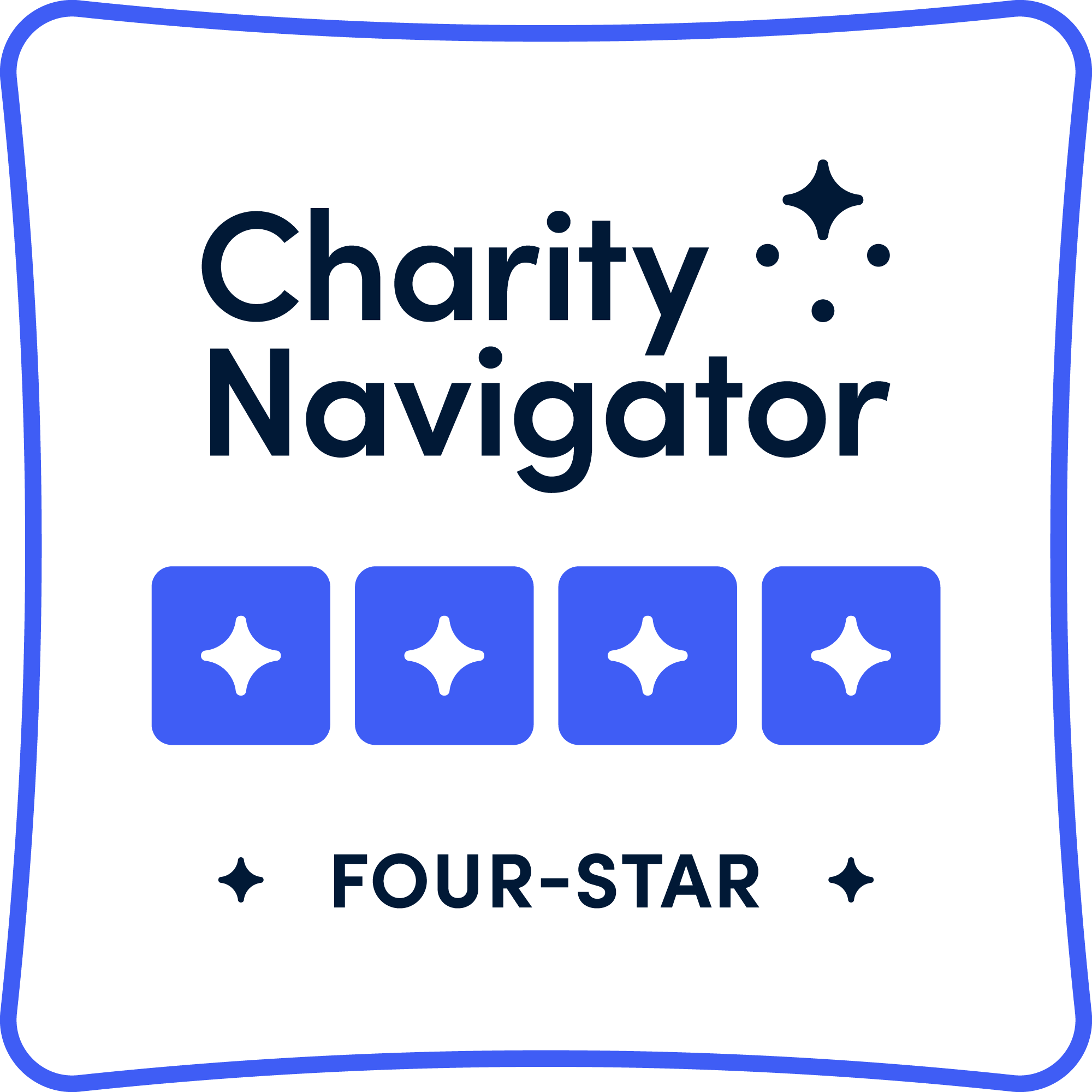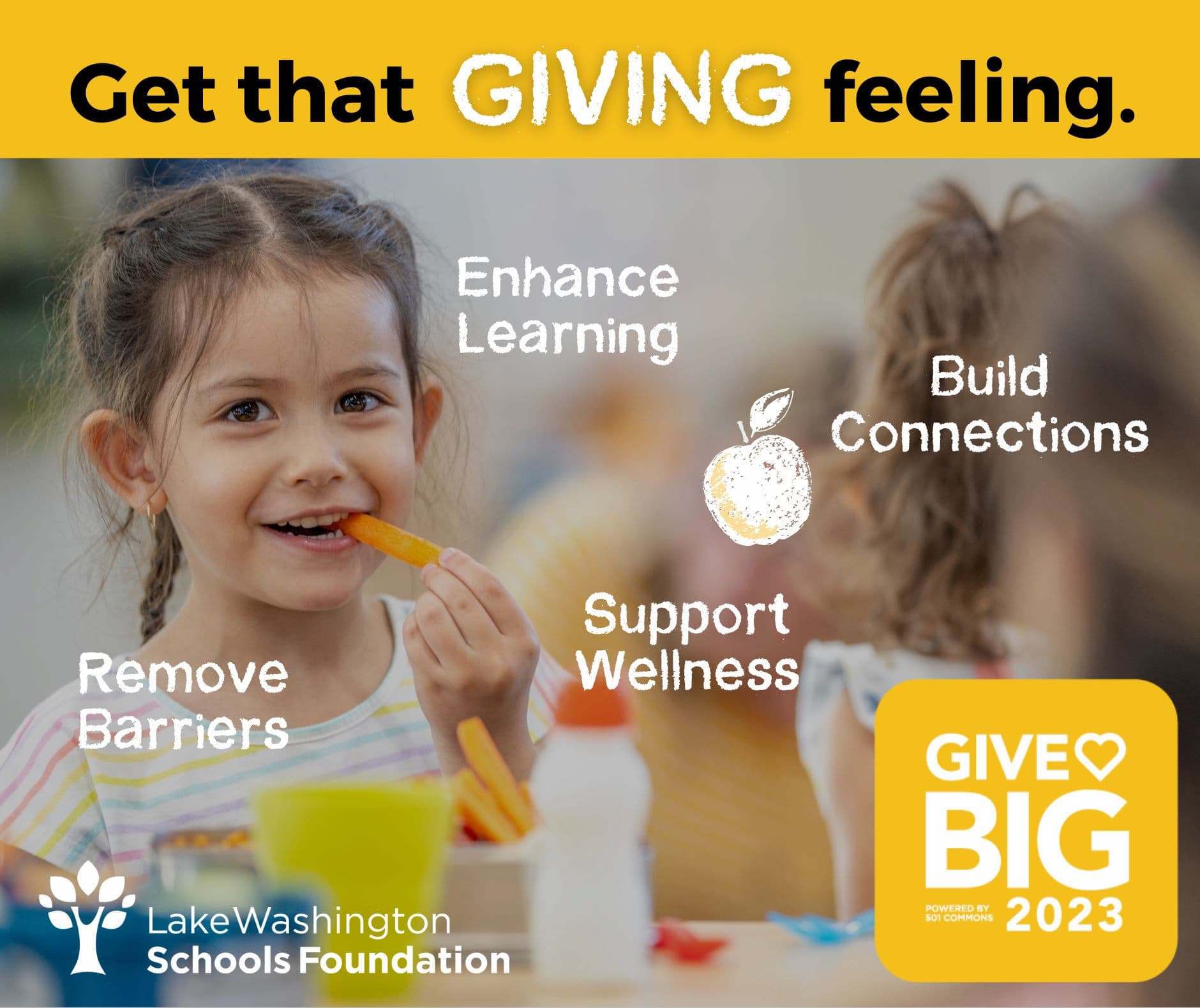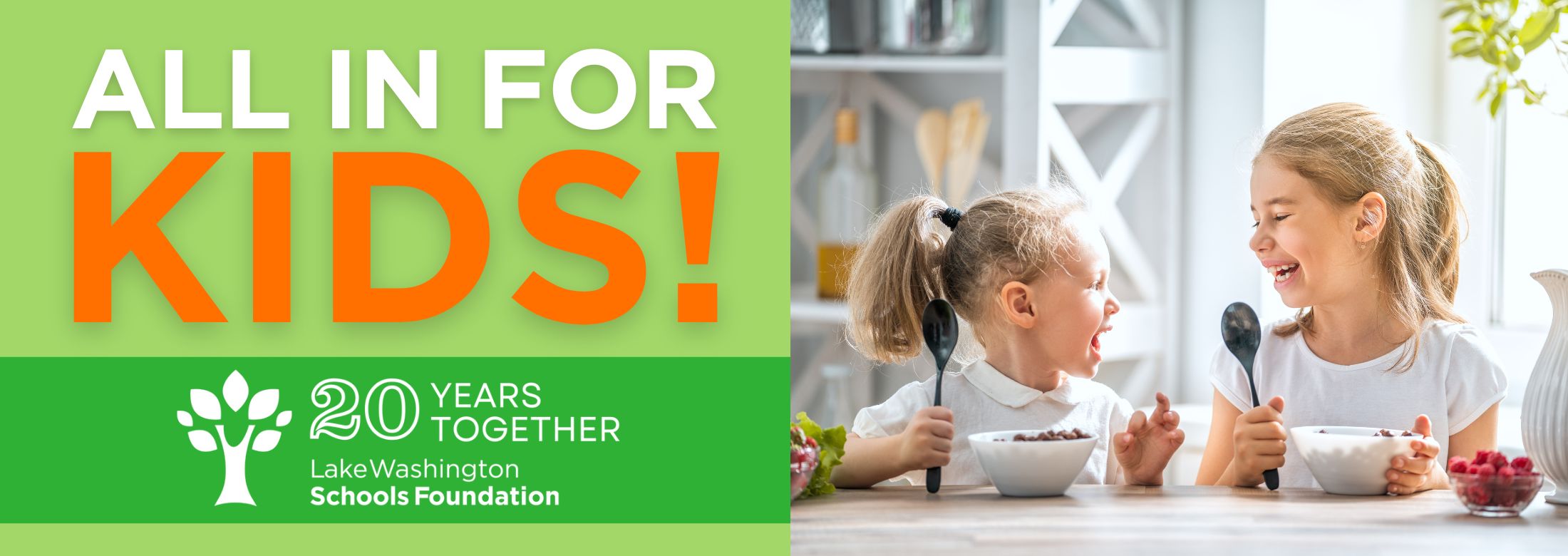Imagine a place where young adults with disabilities cultivate not just plants, but also their futures. This vision is being brought to life by the Lake Washington School District through their Transition Academy Garden Project, with funding support from the Lake Washington Schools Foundation. Nestled in the heart of Redmond at the Academy’s YWCA location, this project is more than a garden; it’s a beacon of hope, skills, and new beginnings.
The Seeds of Change: Empowering Young Adults with Hands-On Learning
The Transition Academy Garden Project focuses on Transition Academy students aged 18-21, who are at a pivotal crossroads in their lives. As they step out of the comfort of high school, the real world with its challenges awaits, including employment barriers that often confront individuals with disabilities. Here, the garden plays a pivotal role – not just as a plot of land, but as a classroom without walls, where the curriculum is life itself.
Director of Special Education Shannon Hitch shares, “Many of those with disabilities find it difficult to access employment after high school. They may struggle with underdeveloped skills and lack of knowledge in addition to bias and discrimination in the workplace.”
As a result of the garden project, students will don their gloves and take to the soil, learning the art and science of horticulture. But it’s not just about planting and harvesting. These young adults will also gain customer service skills, making them ready for the job market in areas like Redmond and Woodinville, known for their lush green spaces and vibrant gardening communities.
“We hope that this garden will allow our students to build business skills and connections to district staff through the marketing and selling of planter baskets,” says Shannon. “We also hope that it will build relationships and connections in the farming community in our district.”
The Healing Power of Nature
There’s something therapeutic about working with plants, feeling the soil, and watching something grow – a sentiment echoed by the students and teachers alike. The garden is not just a place of learning but also healing, offering a serene environment that nurtures mental and physical well-being.
Building More Than Just Gardens
The garden project involves tangible goals – building planting tables, expanding accessible outdoor areas, and getting the right tools for gardening. But at its core, it’s about building confidence, self-esteem, and a sense of accomplishment in these young adults. It’s about showing them that there are no limits to what they can achieve.
LWSF Executive Director Katy Philips comments, “We are excited to support the creation of a garden where every seed planted is a step towards self-reliance, every plant nurtured is a growth in confidence, and every harvest is a testament to the resilience and capabilities of these remarkable students.”
The Future in Bloom
In the winter of 2024, community volunteers will join forces to construct the garden infrastructure, laying the groundwork for planting in the spring.
As we look towards the future, the Transition Academy Garden Project stands as a shining example of what can be achieved when education is reimagined. It’s a place where disabilities are not seen as limitations, but as unique perspectives that enrich our world.
